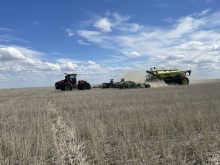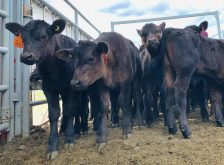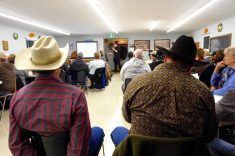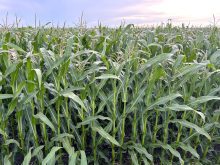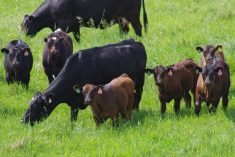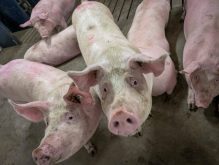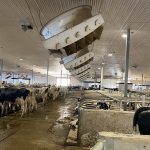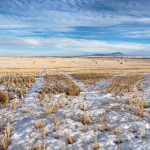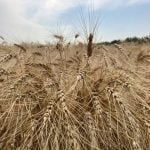Canada’s BSE surveillance effort saw the highest number of tests in five years, setting the stage for an application to have its risk status for bovine spongiform encephalopathy upgraded to “negligible.”
There were 30,949 samples, mostly submitted by deadstock collection operators, tested in 2018, the Canadian Cattlemen’s Association said in its e-newsletter. None tested positive for BSE.
“The 2018 result is commendable as, due to Canada’s shrinking herd and other chronic challenges, 2013 was the last time the 30,000 sample testing target was surpassed,” the Action News article stated.
Read Also
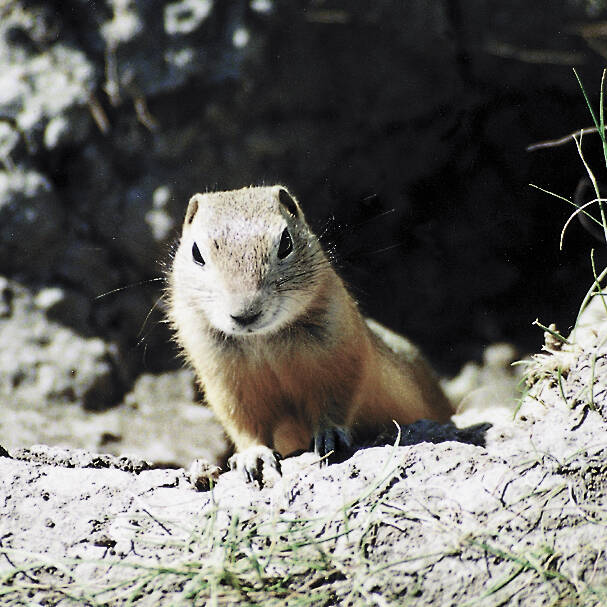
‘Devastating’: PMRA blocks Alberta’s joint emergency strychnine bid
Agency rules proposed mitigation measures insufficient to lower environmental risk, despite growing Richardson’s ground squirrel population.
“Canada has robust controls and surveillance measures in place to prevent the spread of the disease and detect the small and declining number of cases that are expected to occur from time to time.”
Having good surveillance numbers is especially helpful this year, it added.
Canada is eligible this year to apply to have its BSE status (currently at “controlled risk”) upgraded to “negligible risk” (the lowest category) because no Canadian cow has tested positive since February 2015. The status is determined by the World Organization for Animal Health, based on factors such as incidence but also regulatory controls and surveillance.
“A successful application for a status upgrade may carry the potential to scale back to a normal level of surveillance,” the news article said, adding the current target of 30,000 annual samples was set in 2003.
“However, it would not absolve Canada of the responsibilities of surveillance altogether.”
Producers are encouraged to submit at least one cow per year for sampling, it added. Cattle between 30 months and 10 years of age “provide the most valuable information” but any animal older than 30 months that is “dead, down, dying or diseased is a potential candidate for testing.”
The National BSE Surveillance Program provides a $75 reimbursement towards disposal costs for participating producers. For details, visit the CFIA website.



